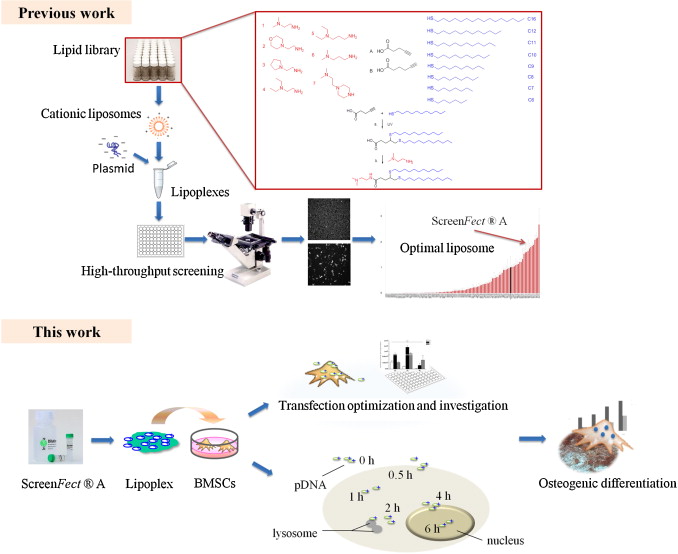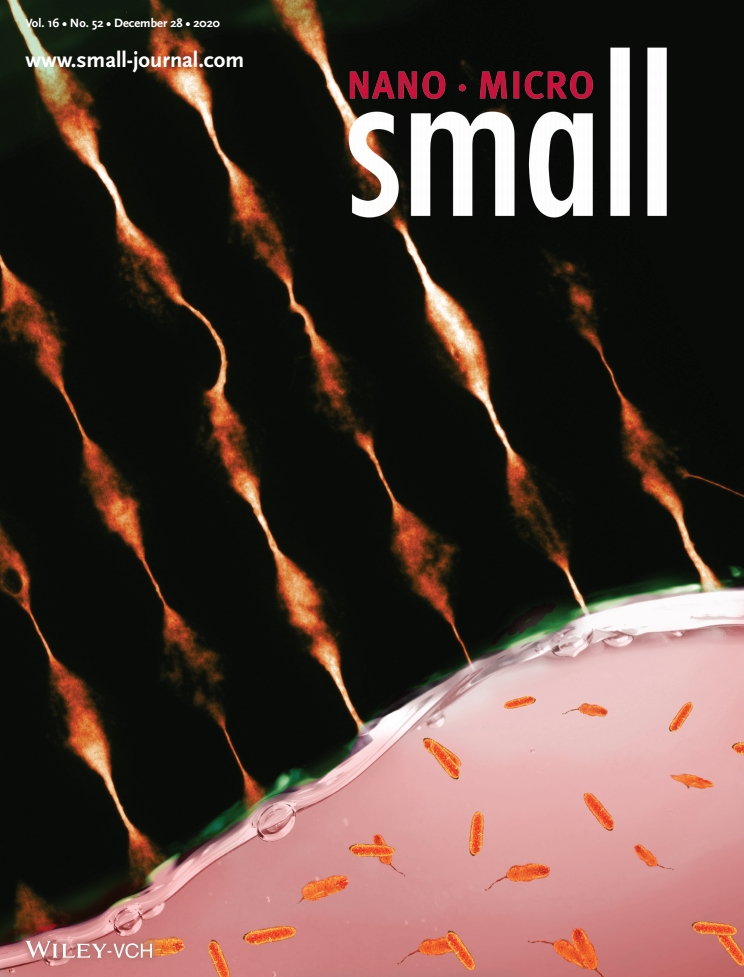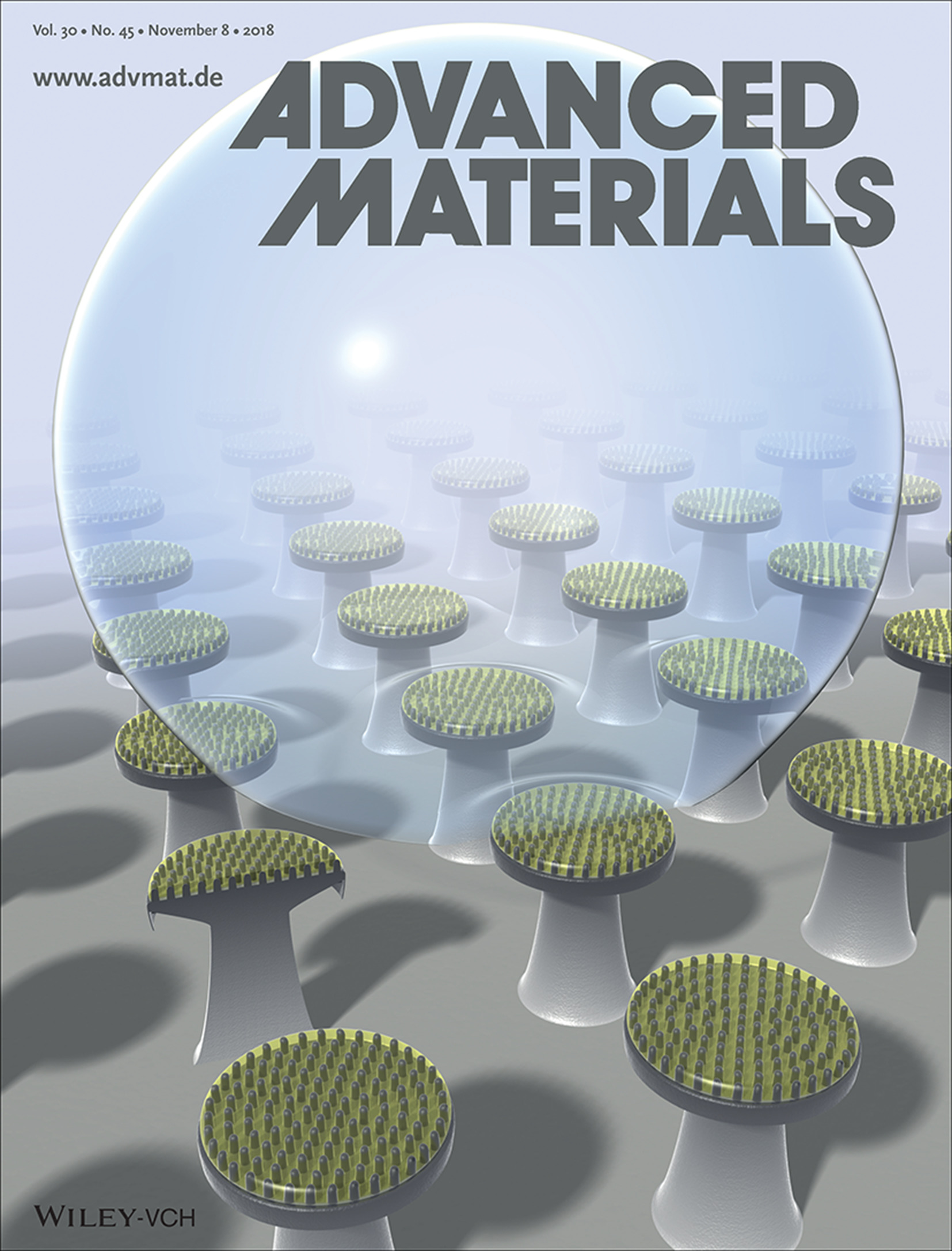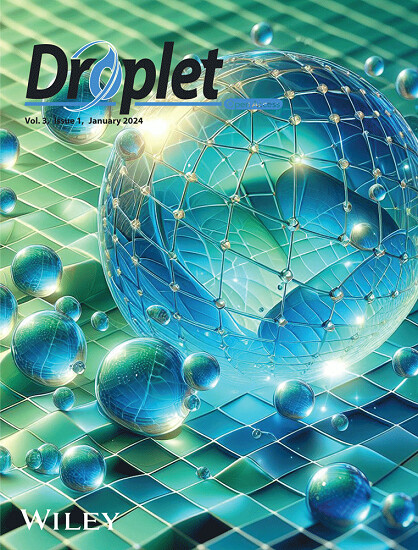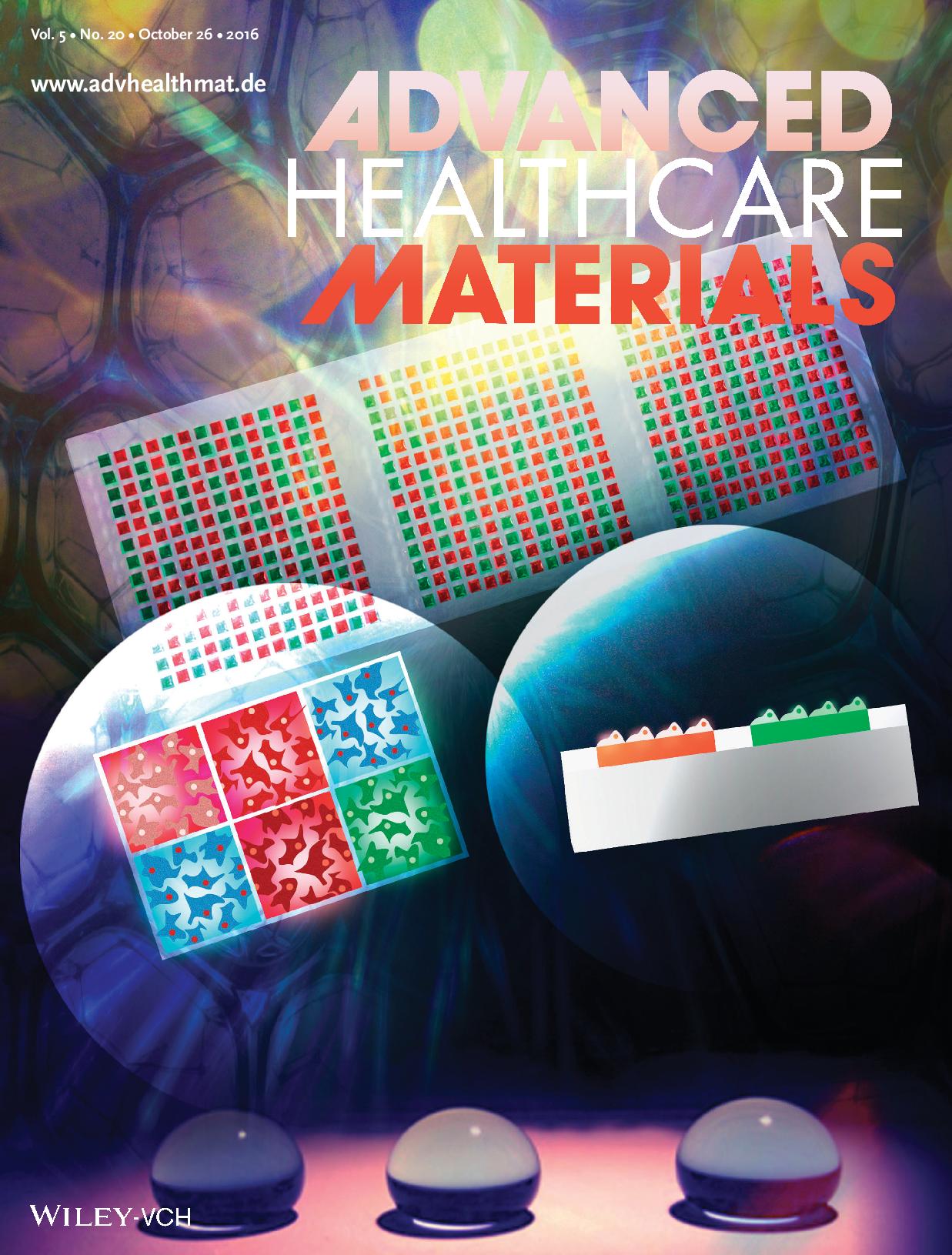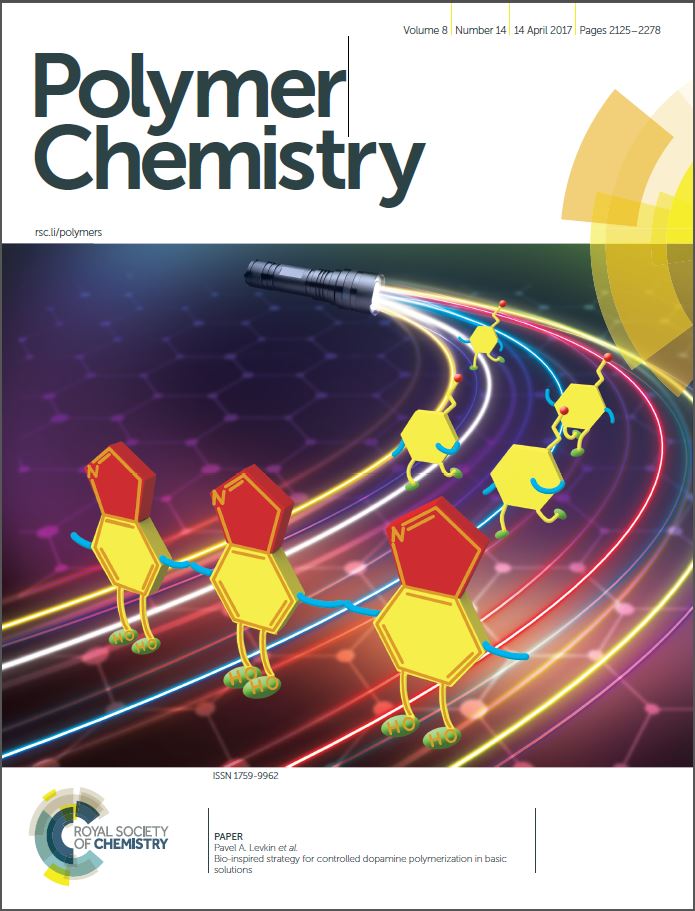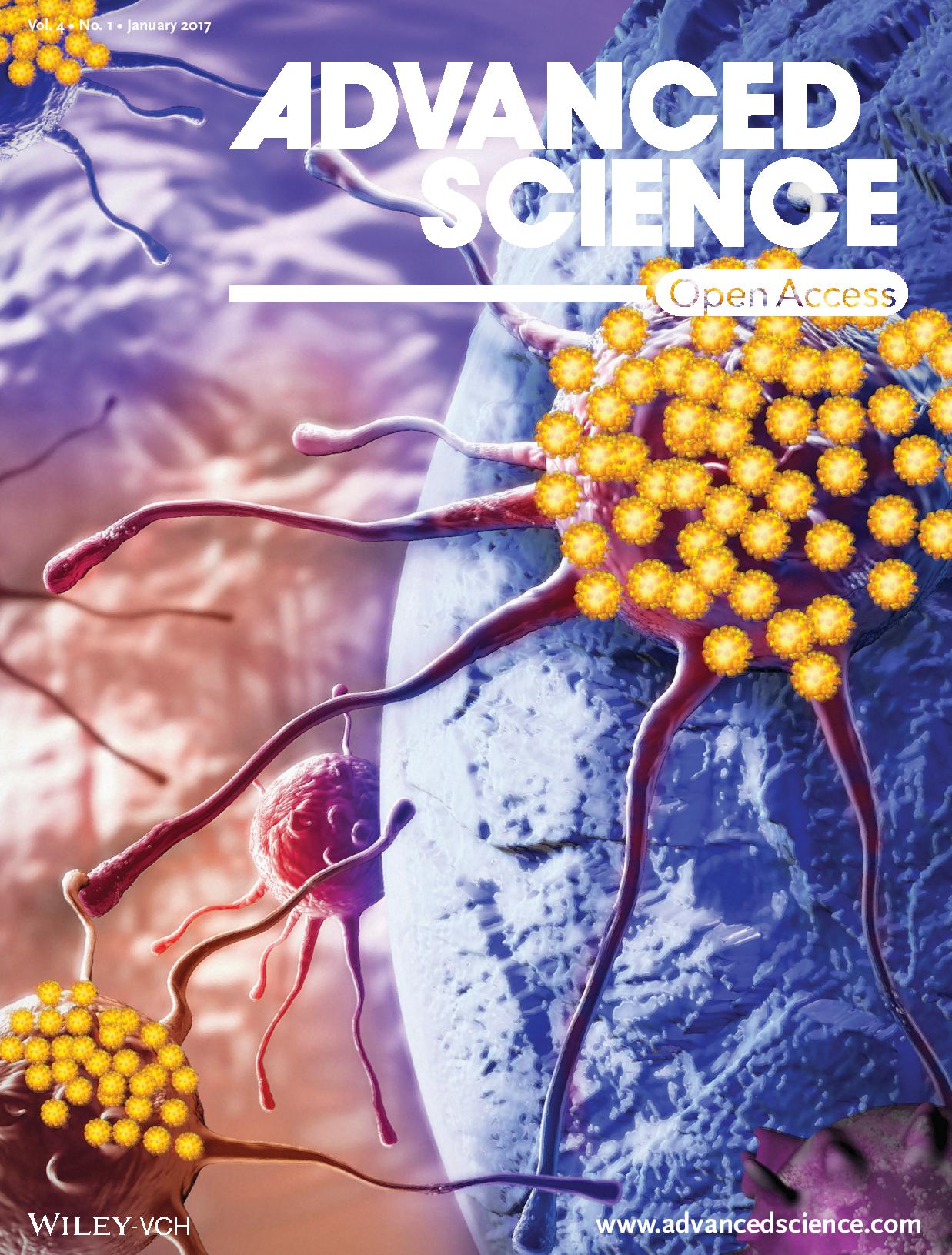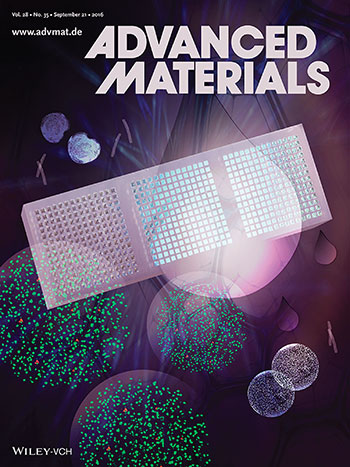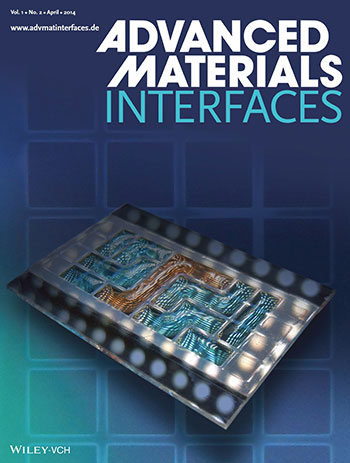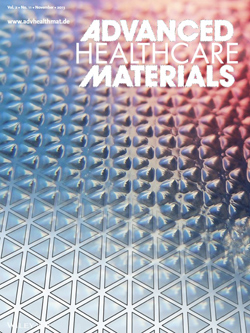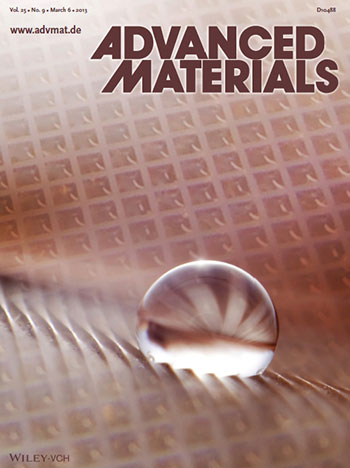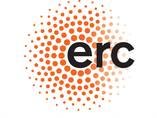47. ScreenFect A: an efficient and low toxic liposome for gene delivery to mesenchymal stem cells
Li-Ming Li, Gui-Xin Ruan, Ming-Yi HuangFu, Zhi-Lan Chen, Hui-Na Liu, Lin-Xian Li, Yu-Lan Hu, Min Han, Gary Davidson, Pavel A Levkin, Jian-Qing Gao
Int. J. Pharm., 2015, 488, 1-11
Mesenchymal stem cells (MSCs) hold great promise in variety of therapeutic applications including tissue engineering and cancer therapy. Genetic modification of MSCs can be used to enhance the therapeutic effect of MSCs by facilitating a specific function or by transforming MSCs into more effective gene therapy tools. However, the successful generation of genetically modified MSCs is often limited by the poor transfection efficiency or high toxicity of available transfection reagents. In our previous study, we used thiol-yne click chemistry to develop new liposomal vectors, including ScreenFect®A (SF) (Li et al., 2012). In this study, we investigated the transfection performance of SF on MSCs. A comparative evaluation of transfection efficiency, cell viability and cellular DNA uptake was performed using the Lipofectamine™ 2000 (L2K) as a control, and the results show that SF is superior to L2K for MSC transfection. The presence of serum did not significantly influence the transfection efficiency of either SF or L2K but greatly reduced the viability of MSC transfected by L2K. The higher efficiency of SF-mediated transfection compared to L2K was also correlated with better proliferation of cells. These results were supported by monitoring the intracellular fate of DNA, which confirmed stable transportation of DNA from lysosomes and efficient nuclear localization. TGF-β1 gene delivery by SF promoted MSC osteogenic differentiation in an osteogenic induction condition. As the first study of SF lipofection on stem cells, this study highlights a promising role of SF in gene delivery to MSCs as well as other stem cells to facilitate tissue engineering and other therapeutic effects based on genetically modified stem cells.
